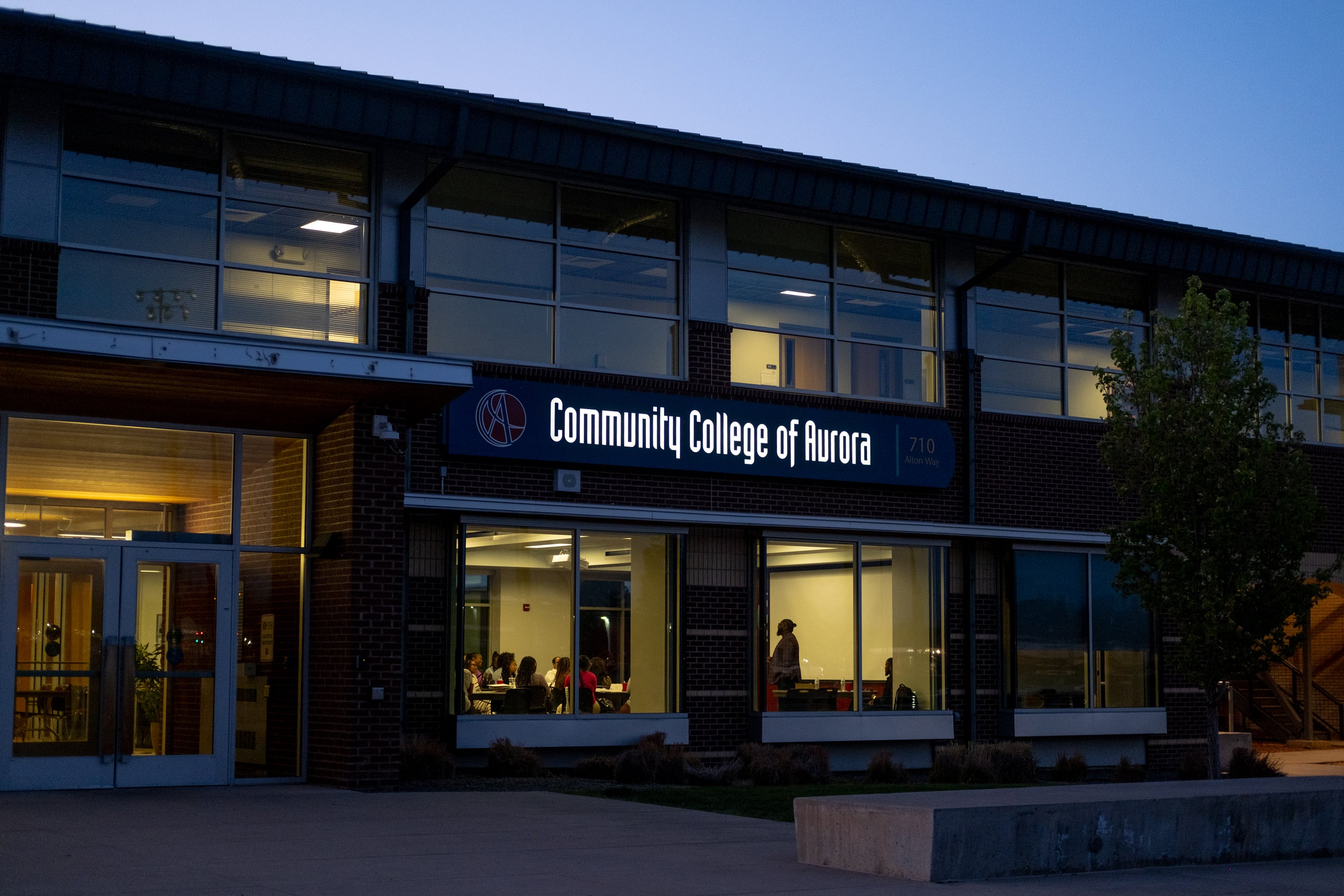Beyond High School is our free monthly newsletter covering higher education policy and practices in Colorado. Sign up to get it delivered to your inbox early.
A broken down car. Medical bills. Or not enough money for rent.
Many of the Community College of Aurora’s 8,500 students routinely face these types of emergencies.
The challenges are often big enough to cause them to drop out.
To prevent that, the Community College of Aurora is part of the growing number of colleges and universities that provide students with a small amount of emergency financial assistance to help keep them in school.
Last school year, CCA gave over 30 students one-time grants of up to $500 each.
“It is a low amount, right?” said Reyna Anaya, CCA vice president of student success. “But the impact may prevent a student from stopping out.”
In total, CCA spent $16,000 on the emergency-aid program in the 2024-25 school year. The college will increase that amount by more than a third next year thanks to a $10,000 grant from national nonprofit NASPA - Student Affairs Administrators in Higher Education. CCA was one of five colleges out of a nationwide pool of 300 applicants to receive the $10,000 grant to support students.
Still, CCA administrators worry the funding won’t be enough to keep up with the need, especially if the Trump administration follows through on threatened cuts to federal safety net programs.
“The need is very high,” Anaya said. “And as we are seeing funding cuts and resources being pulled back, we recognize the need is going to be higher and we’ll be serving more students.”
The CCA aid program is a sign of how more colleges and universities, in Colorado and across the country, are following the lead of K-12 schools in offering students support with basic needs.
CCA school leaders have long known that students needed help with more than just academics, but saw the demand for this help grow during the pandemic. Many Aurora community college students are from lower-income backgrounds and face more personal and financial challenges in finishing school.
Most students are also enrolled part-time, meaning they have less financial aid and are likely working to support themselves through college.
CCA first surveyed students in 2023 about what they needed to succeed, and based on the feedback, it invested heavily in food resources. Since then, it has also slowly built out its emergency-aid program to help students when life issues arise.
CCA students don’t have to ask for the money themselves; they can be referred by a professor or an administrator, said Andrea Rascón, CCA project coordinator for student success.
The $10,000 NASPA grant will help the school invest more in the program. The grant is part of the organization’s national effort to strengthen college retention by addressing non-academic barriers that disproportionately affect students who are from low-income backgrounds and those who are the first to go college in their family.
However, giving students money alone hasn’t correlated to students completing college, according to a Temple University HOPE Center study. Other studies, including one that reviewed Georgia State University’s pioneering program, show emergency grants can help students graduate.
CCA leaders said they aim to increase the effectiveness of the grants by providing coaches who work one on one with students facing an emergency. Coaches then can understand the challenges the student is facing and connect them to other community resources or academic services.
The program has grown in popularity in the last year, and many students spread information by word of mouth, Rascón said. School officials plan to begin tracking how many students stay in school next year to make a stronger case for expanding the program.
Jason Gonzales is a reporter covering higher education and the Colorado legislature. Chalkbeat Colorado partners with Open Campus on higher education coverage. Contact Jason at jgonzales@chalkbeat.org.







